Livestock
All Livestock Content
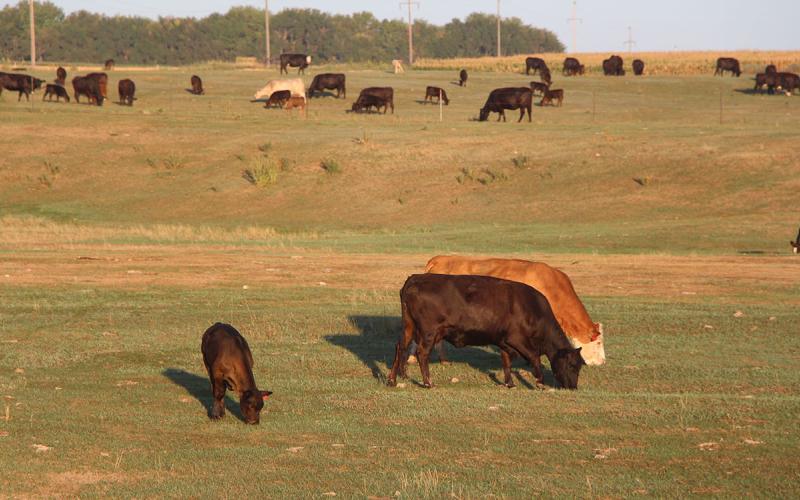
Maintaining Cow Herds in Times of Limited Fall and Winter Moisture
Lack of moisture has been a common theme for a majority of beef cattle producers in the Northen Great Plains the last few years. These conditions cause beef producers to stretch grazing resources and feed inventory reserves.
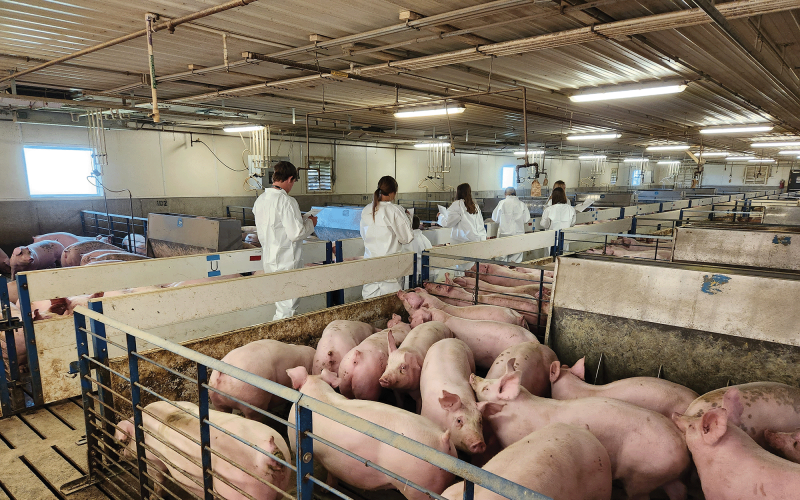
SDSU Extension hosting 2025 Swine Summit for youth
March 18, 2025
South Dakota State University Extension is pleased to host the 2025 South Dakota Swine Summit on June 12, 2025, on the SDSU campus in Brookings.
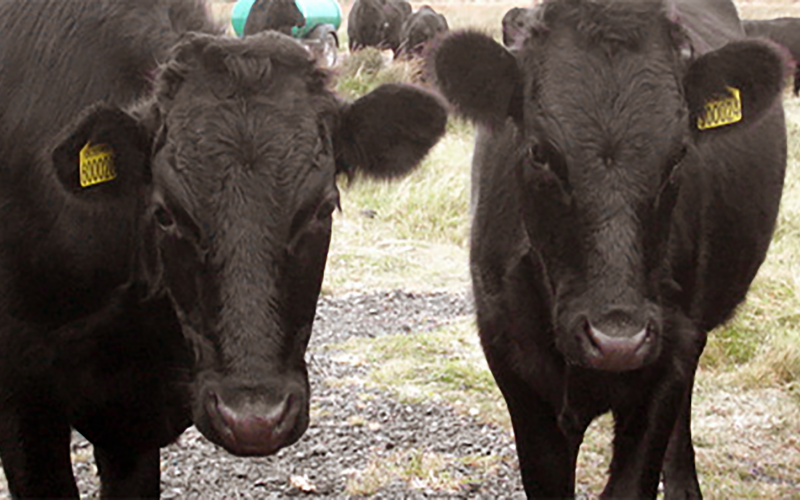
Heifer Selection Strategies
Producers should consider some common characteristics and questions to help select replacement heifers strategically.

SDSU Extension welcomes new swine specialist
March 11, 2025
South Dakota State University Extension is pleased to welcome Rafe Royall as a new assistant professor and SDSU Extension Swine Specialist.
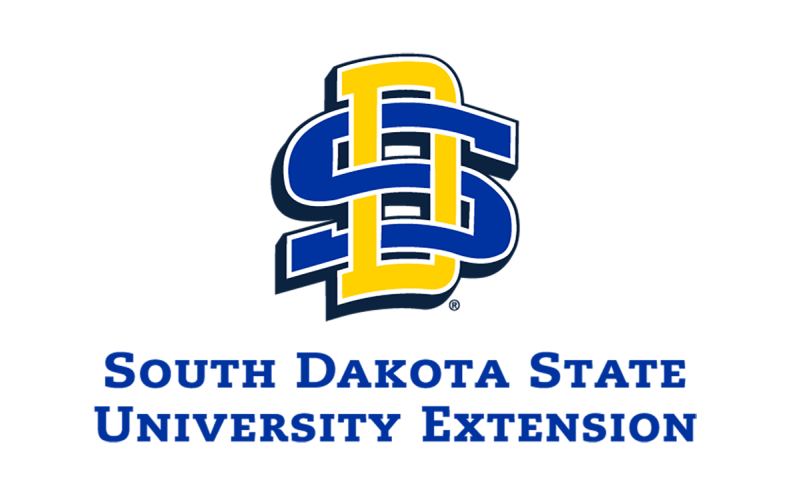
SDSU Extension welcomes new swine field specialist
March 11, 2025
South Dakota State University Extension is pleased to welcome Kaylyn Rudy as the new SDSU Extension Swine Field Specialist.
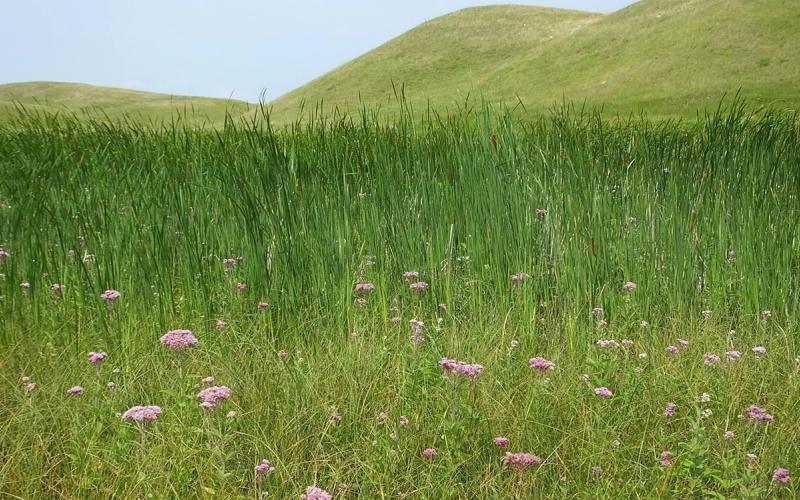
Understanding Grassland Terminology
Before learning the best practices of grassland management, it's important to know some of the common terminology used in the land management and conservation arena.
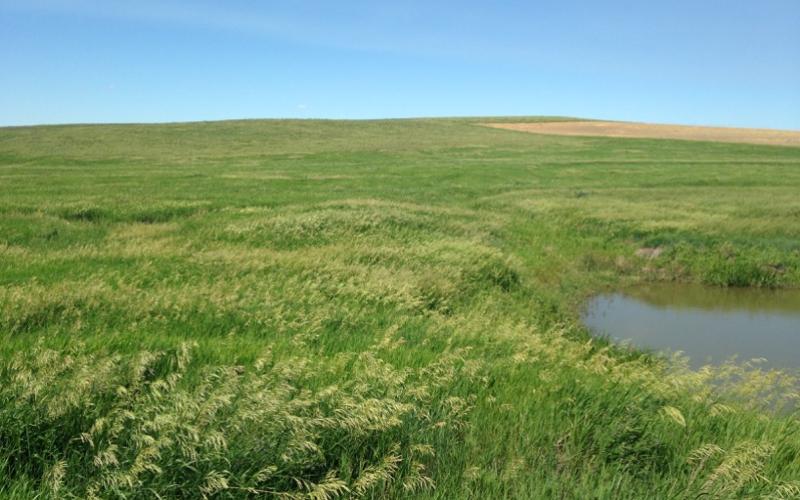
Smooth Bromegrass Grazing Management
Smooth bromegrass is a cool-season introduced grass with an advanced root system that tolerates temperature extremes and drought exceptionally well.

Getting Ready for Winter on the Range
During periods of summer and fall drought, winter grazing opportunities may be limited or not available at all. Ranch managers must ensure that enough residual plant height and vegetation cover of the soil surface is available through the winter to aid in recovery of the rangeland.
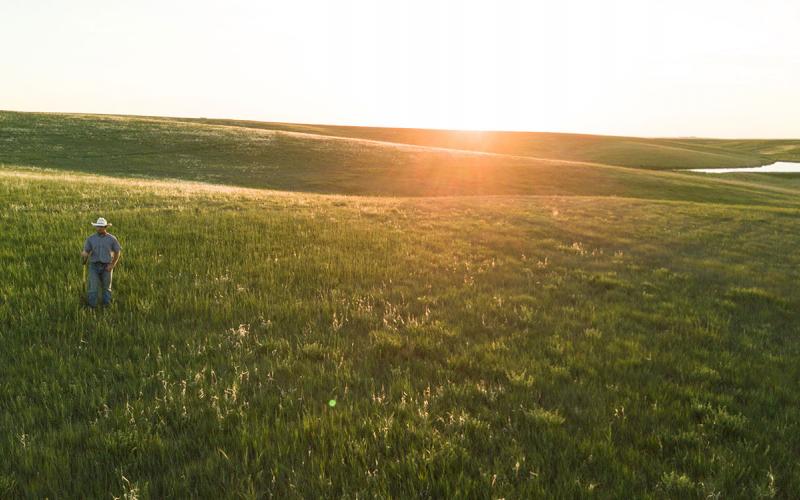
Grassland Fertilization: Terminology and Economics
This article is the first in a series of six focused on helping producers understand the pros and cons of grassland fertilization. We begin by learning some of the basic terminology and information related to fertilization.
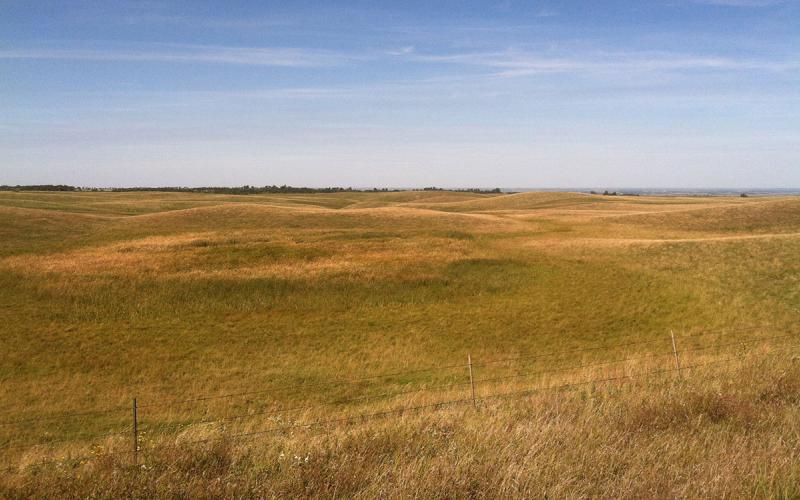
Grassland Management Do’s and Don’ts
This article is intended to address the variety of questions we receive related to establishing, re-establishing and maintaining grass-based plantings for grazing, hay, wildlife and recreation.